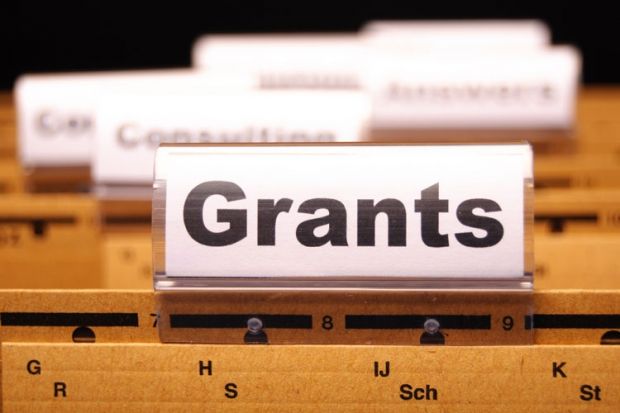Royal Society/Academy of Medical Sciences/British Academy
Newton Advanced Fellowships
The scheme provides researchers with a chance to develop the strengths of their research groups through collaboration and reciprocal visits with a UK partner
- Award winner: Marilia Buzalaf
- Institution: University of São Paulo (host: University of Cambridge)
- Value: £74,000
Identification of proteins conferring protection against dental erosion
- Award winner: Henrique de Melo Jorge Barbosa
- Institution: University of São Paulo (host: University of Manchester)
- Value: £72,000
Measurements and modelling of anthropogenic pollution effects on clouds in the Amazon
- Award winner: Luciano Freschi
- Institution: University of São Paulo (host: University of Liverpool)
- Value: £74,000
Functional genomics and hormonal regulation of Crassulacean acid metabolism (CAM) in a C4-CAM facultative species
Leverhulme Trust
Research project grants
Sciences
- Award winner: Victoria Southgate
- Institution: Birkbeck, University of London
- Value: £254,146
A longitudinal investigation of the development of mimicry in infancy
- Award winner: Imogen Sparkes
- Institution: University of Exeter
- Value: £258,716
Biophysical and molecular characterisation of ER-organelle interactions in plant
- Award winner: Peter Andras
- Institution: Keele University
- Value: £178,374
Designing and validating novel voltage-sensitive dyes for neuroscience research
- Award winner: Paul Barlow
- Institution: University of Edinburgh
- Value: £218,671
Probing regulation of the complement system by factor H on biomimetic surfaces
Economic and Social Research Council
Research grants
- Award winner: Kate Nation
- Institution: University of Oxford
- Value: £649,084
Nurturing a lexical legacy: understanding the transition from novice to expert in children’s reading development
- Award winner: Sarah Nettleton
- Institution: University of York
- Value: £355,627
Buildings in the making: a sociological exploration of architecture in the context of health and social care
- Award winner: Alison Harcourt
- Institution: University of Exeter
- Value: £376,368
International professional fora: a study of civil society organisation participation in internet governance
In detail
Award winner: Robert Hope
Institution: University of Oxford
Value: £177,634
Mobile payment systems to reduce rural water risks in Africa
Community management of handpumps has been the accepted mode of thinking for rural water supply in Africa for 30 years. However, one-third of the handpumps are not functioning at any one time and 35 million more people were without rural water services in 2011 compared with 1990. This project aims to improve handpump management by insuring payment risks. Like insurance products that pool risk of unanticipated events, the team proposes to apply the approach to handpumps in Kenya. Currently, communities must save and pay for maintenance on a case-by-case basis, which is fine until an unexpected repair. These communities, unable to afford repairs, resort to distant and often dirty water sources. The team’s approach brings communities together in a shared financial model, reducing costs by sharing them among handpumps. The project can reduce repair times from more than a month to a couple of days.
Register to continue
Why register?
- Registration is free and only takes a moment
- Once registered, you can read 3 articles a month
- Sign up for our newsletter
Subscribe
Or subscribe for unlimited access to:
- Unlimited access to news, views, insights & reviews
- Digital editions
- Digital access to THE’s university and college rankings analysis
Already registered or a current subscriber? Login
